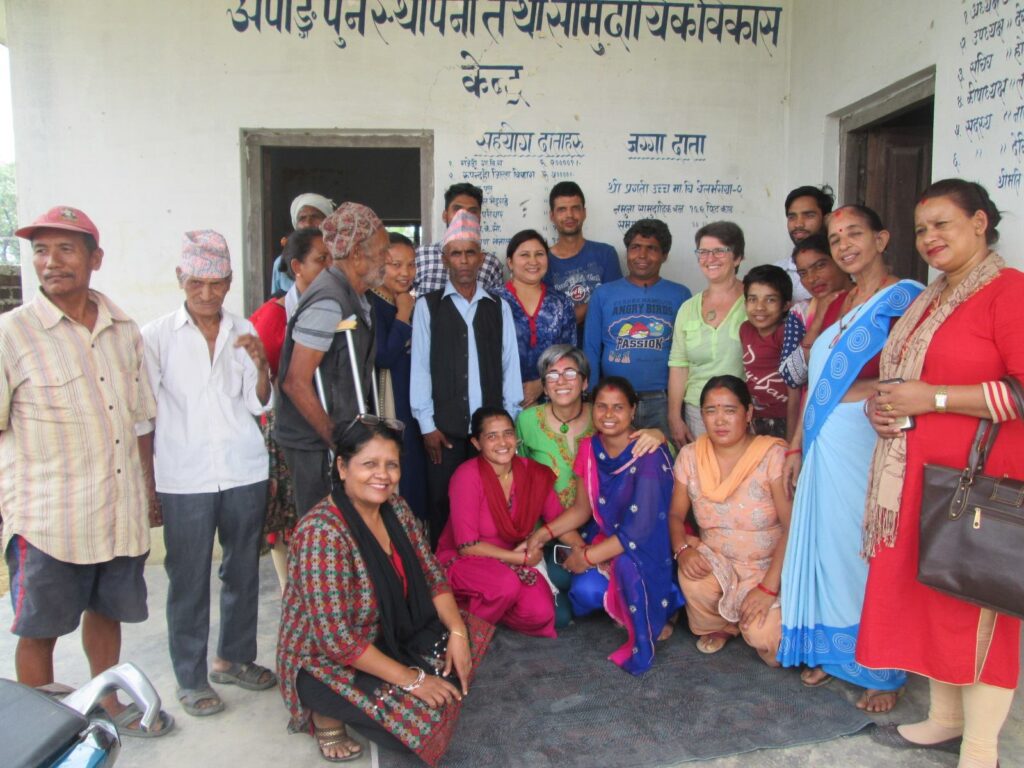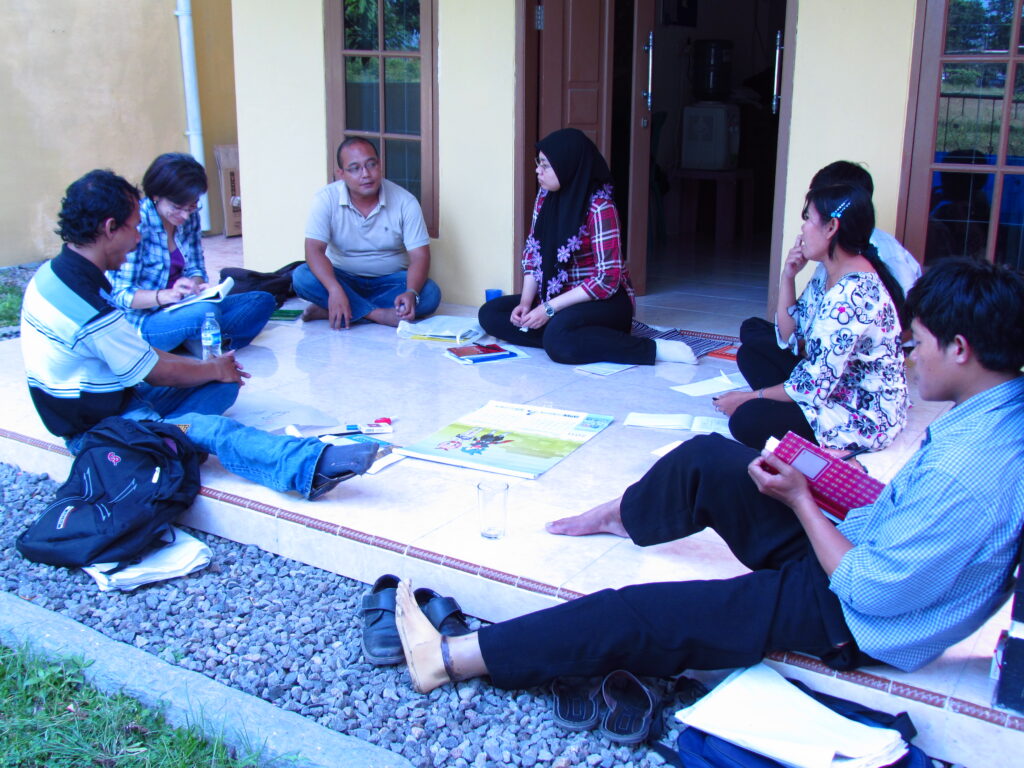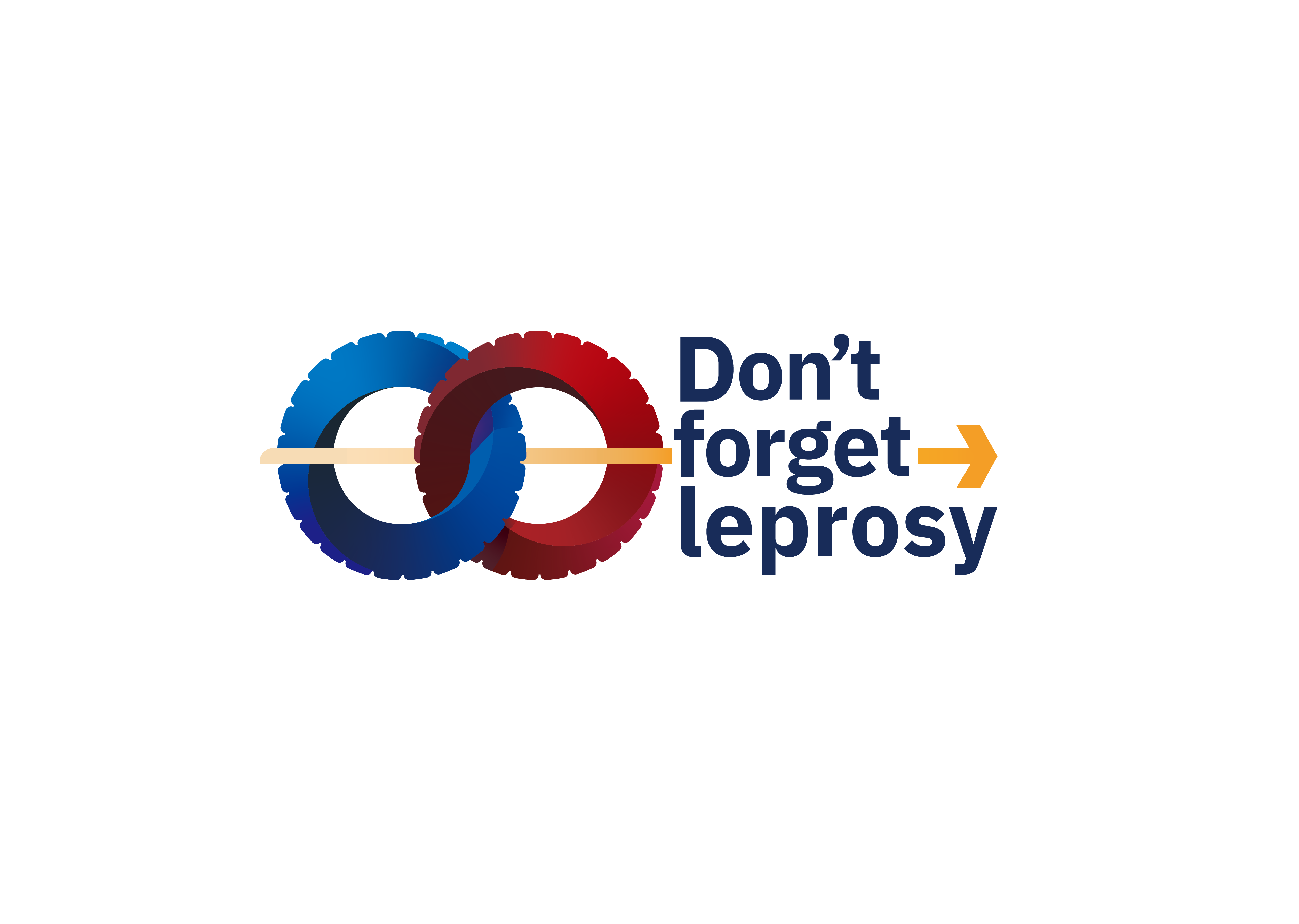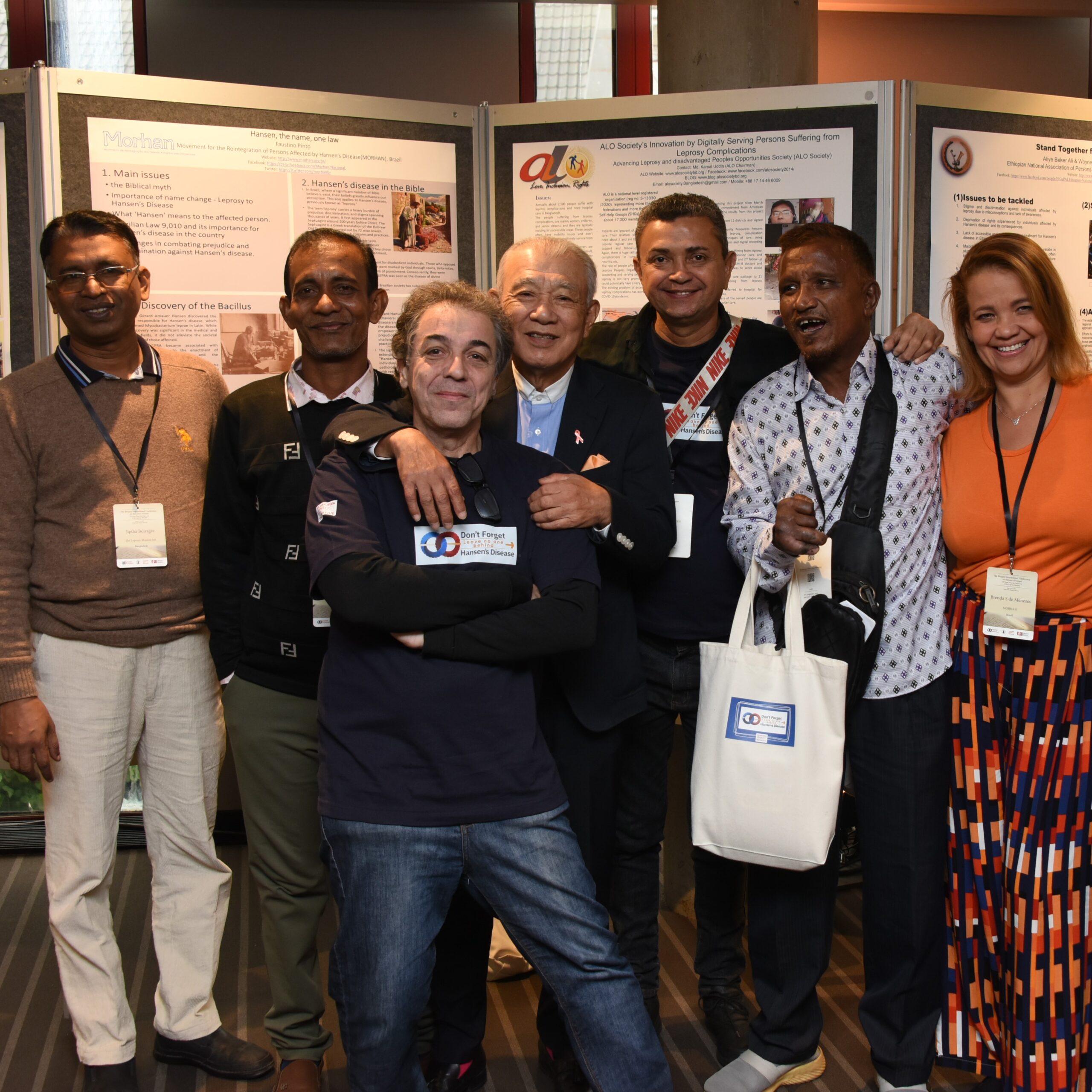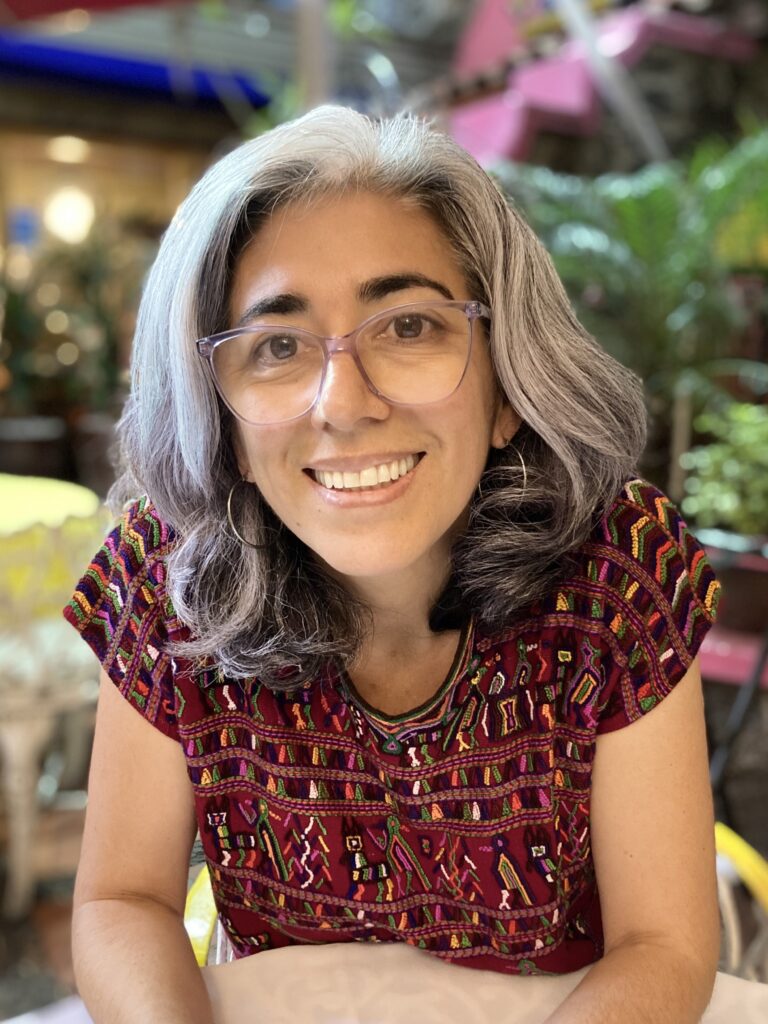
Dr. Beatriz Miranda Galarza
United Nations Special Rapporteur on the elimination of discrimination against persons affected by leprosy (Hansen’s disease) and their family members
Based on a mandate established by the UN Human Rights Council in June 2017, the Special Rapporteur undertakes fact-finding country visits and informs Member States and the Human Rights Council about alleged violations of the rights of persons affected by leprosy and their family members.
On Nov. 1, 2023, I was appointed Special Rapporteur on the elimination of discrimination against persons affected by leprosy (Hansen’s disease) and their family members. This rather long title comes with an enormous responsibility and with great possibilities for learning about our human condition. It is a pleasure to write this short piece realizing friends and colleagues, old and new, will receive it. My thanks go to the Sasakawa Leprosy (Hansen’s Disease) Initiative for giving me this opportunity, and I would also like to acknowledge the work of Dr. Alice Cruz and thank her for all the doors she opened during her mandate.
My professional background is in the fields of sociology and anthropology. I have worked for 30 years in the domain of health and disability, and the last 13 of these years have been dedicated to the Hansen’s disease arena. Currently, I am the coordinator of the Critical Disability Studies Programme at 17, Institute of Critical Studies in Mexico City. My family, like many of the families of persons affected by leprosy, faces daily challenges in advocating for the rights of my siblings with both intellectual and physical disabilities. This unique experience has profoundly shaped my perspective on life and the world.
In 2010, I was given the unique opportunity to work together with persons affected by leprosy in Indonesia. Later, this experience extended to Nepal, Myanmar, India and Timor Leste as well as Brazil, Colombia, Ecuador, and Mexico. Learning together with many organizations of persons affected by leprosy and persons with disabilities in participatory action research projects has transformed my view of what life means. This work and these experiences have resulted in a deep appreciation of the daily experiences of persons, families, and communities who must deal with the impact of leprosy at different levels and in different spheres. An essential lesson I have reflected on is how integral the development and strengthening of compassion is to the fight for the respect of our collective and individual rights. Compassion is understood here as the possibility to recognize our own suffering and the ability we have to transform it. This involves recognizing the suffering of others as well as supporting and accompanying them during the process of their transformation. Allowing ourselves to be touched by our own suffering and that of others demands transformative action that will affect our internal and external world.
My work in the leprosy field has taught me that fighting for recognition of our rights cannot be separated from recognition of our own dignity. Thus, I invite each of you to join me on this journey as we explore ways to achieve social justice by following the path of kindness and compassion.
